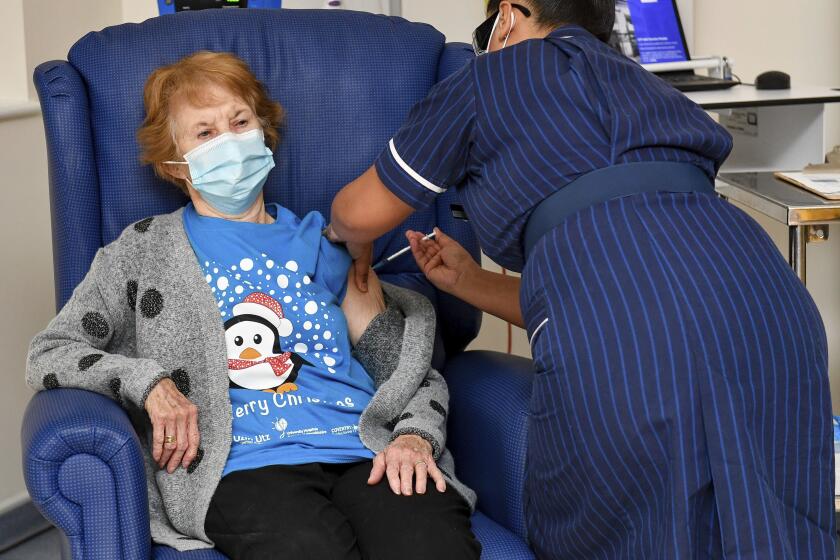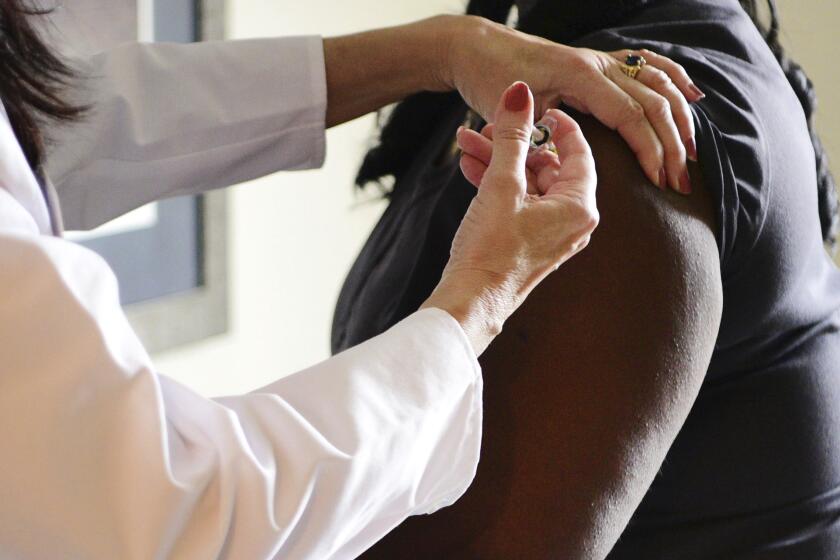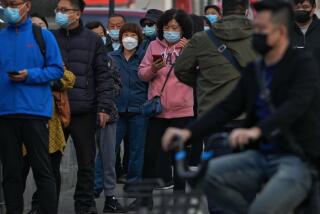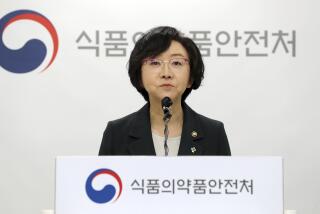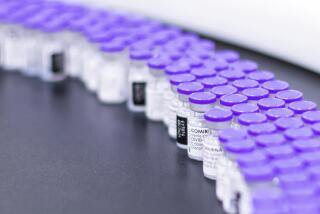UAE says Chinese COVID-19 vaccine is 86% effective — but offers few details
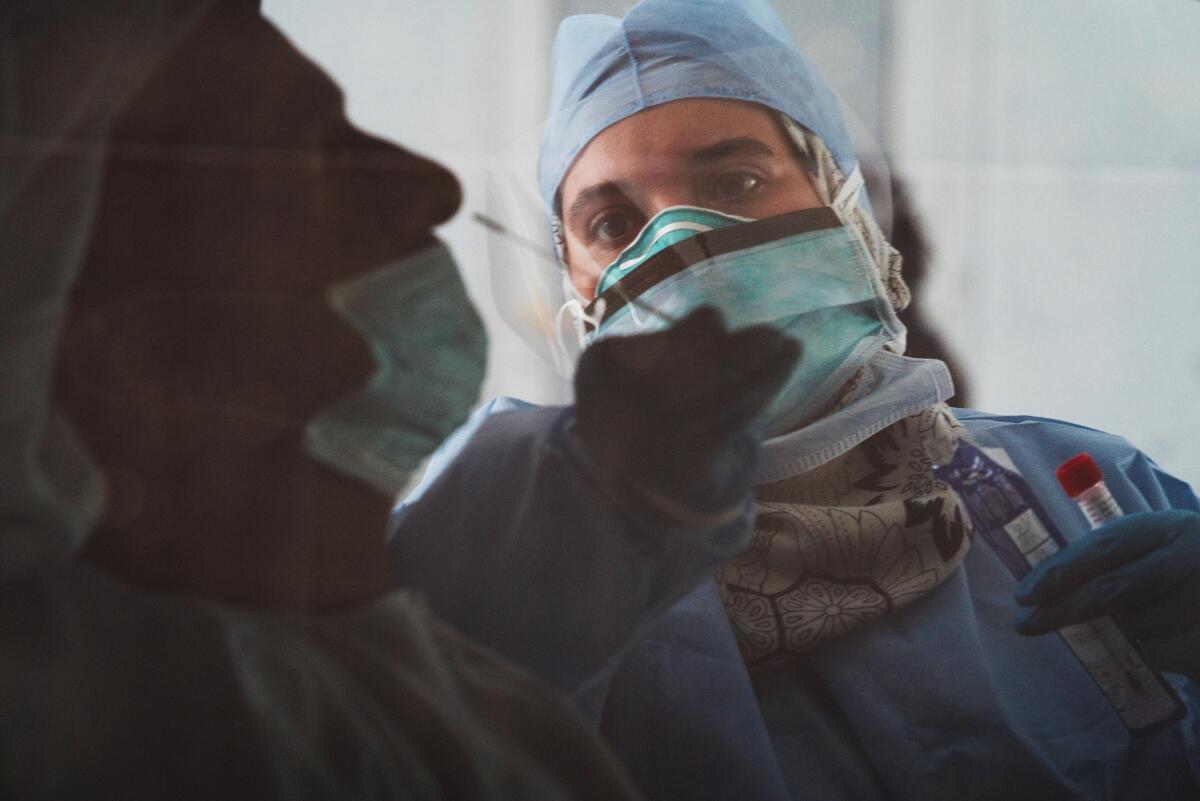
ABU DHABI, United Arab Emirates — The United Arab Emirates said Wednesday that a Chinese COVID-19 vaccine tested within the UAE is 86% effective, but the announcement came with few details.
The UAE’s statement marks the first public release of information on the efficacy of the shot developed by Chinese state-owned pharmaceutical giant Sinopharm. While questions remain about the vaccine, at least one country outside China already plans to roll it out in a mass-inoculation campaign.
The UAE, home to Dubai and Abu Dhabi, conducted a trial beginning in September of the Sinopharm vaccine involving 31,000 volunteers from 125 nations. Volunteers between the ages of 18 and 60 received two doses of the vaccine over 28 days.
The UAE’s Health and Prevention Ministry announced the results via a statement on the state-run WAM news agency, saying it had “reviewed Sinopharm CNBG’s interim analysis of the Phase III trials.”
“The analysis shows no serious safety concerns,” the statement said, without detailing whether any participant suffered side effects.
It wasn’t immediately clear if the announced results included only those taking part in the trials within the UAE or if they also include results from China and elsewhere. The statement described the vaccine as receiving “official registration,” without elaborating on what that meant.
Britain becomes the first Western nation to start vaccinating residents against COVID-19, launching a mass inoculation program that will take months.
Emirati officials and Sinopharm did not respond to requests for comment.
But telephone calls Wednesday to SEHA, the Abu Dhabi health authority, included an option for individuals to schedule an appointment to receive a “COVID-19 vaccine.” The center was swamped with calls following the announcement on the Sinopharm vaccine’s efficacy.
The vaccine has been approved for emergency use in a few countries while the company continues to conduct late-stage clinical trials in 10 countries. Morocco is gearing up for an ambitious COVID-19 vaccination program, aiming to vaccinate 80% of its adults in an operation starting this month that’s relying initially on the Sinopharm vaccine.
Sinopharm’s shot relies on a tested technology, using a killed virus to deliver the vaccine, similar to how polio immunizations are made. Leading Western competitors, such as the shot made by Pfizer and its German partner, BioNTech, use newer, less-proven technology to target the coronavirus’ spike protein using RNA.
With COVID-19 vaccines on the horizon, the details of how most Americans will get their shots are still being worked out. Here’s what we know so far.
Britain began vaccinating people with the Pfizer shot Tuesday. Top officials in the UAE, including Dubai’s ruler, Sheik Mohammed bin Rashid Al Maktoum, have publicly received the shots as part of the vaccine testing.
Pfizer reports its shot as being 95% effective, while another vaccine candidate from Moderna, using the same technology, appears to be 94.5% effective.
In transport, the Pfizer and Moderna vaccines must remain at cold temperatures — minus-94 degrees and minus-4 degrees, respectively.
The Sinopharm vaccine is believed to be able to travel at a temperature of 35 to 46 degrees, a major draw for areas of the world where nearly 3 billion people live without stable electricity and refrigeration. In November, the Chinese Communist Party secretary for Sinopharm said almost 1 million people in China had received its vaccine.
Since the COVID-19 pandemic began, the UAE has detected more than 178,000 coronavirus cases, with 160,000 recoveries and nearly 600 deaths. Its aggressive testing policy has seen more than 17 million tests conducted in a country that is home to just over 9 million people.
More to Read
Sign up for Essential California
The most important California stories and recommendations in your inbox every morning.
You may occasionally receive promotional content from the Los Angeles Times.
